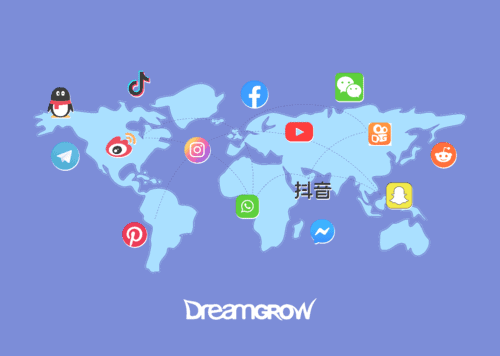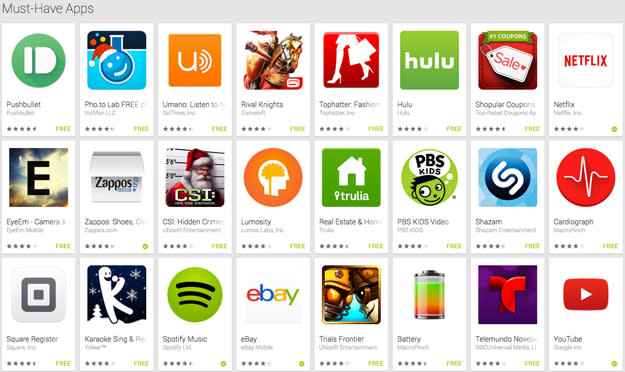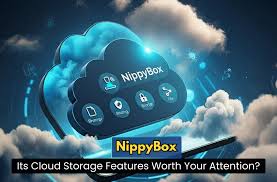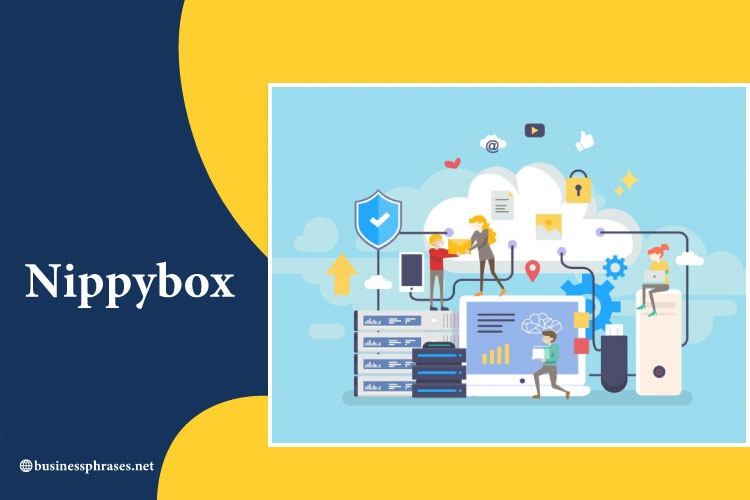The digital business landscape in 2023 is more dynamic and crucial than ever. The shift from traditional business practices to embracing digital solutions has accelerated, driven by innovations in technology and the evolving needs of consumers. Coyyn.com is one platform that is making a lot of noise in this industry. Established to address the complexities of the digital era, Coyyn.com offers a wide array of services tailored to enhance business growth and sustainability.
Coyyn.com was founded with the goal of empowering businesses with technology. Its inception marked a critical move towards bridging the gap between traditional business models and the digital landscape. The core mission of Coyyn.com is to simplify digital transformation for businesses of all sizes while ensuring a user-centric approach. Its vision encompasses creating a robust ecosystem where businesses can thrive by harnessing technology effectively.

How does Coyyn.com work? Definition and Purpose
Coyyn.com is a comprehensive digital business platform that offers a variety of services with the goal of making digital solutions improves company performance. The platform leverages cutting-edge technology to offer tailored services that address unique business needs, making it a reliable partner for organizations navigating the digital landscape. Coyyn.com is committed to providing efficient growth-promoting solutions through digital marketing, e-commerce, or software development.

Key Features
Coyyn.com stands out due to its user-friendly interface, designed to make navigation and service utilization seamless for users. Additionally, the platform offers integration with other platforms to ensure a cohesive workflow, making it easier for businesses to manage multiple operational facets from a single interface. Security measures are a top priority, and Coyyn.com employs advanced data protection protocols to safeguard client information, thereby enhancing trust and reliability.
Transition from Traditional to Digital
The transition from traditional to digital business practices has been accelerated by numerous trends, including globalization, consumer behavior changes, and the ubiquity of digital devices. The COVID-19 pandemic had a significant impact on digital adoption, necessitating the move of businesses online for survival. Companies that embraced digital solutions quickly not only survived the storm but also emerged stronger, demonstrating the importance of adaptability in today’s economy.
Digital Business Benefits
There are numerous benefits to adopting a digital business model:
Increased reach and accessibility: Digital platforms allow businesses to connect with a global audience, breaking geographical barriers.
Cost efficiency and scalability: Digital solutions often require lower operational costs and provide the flexibility to scale services up or down based on demand.
Improved customer experiences: Digital tools can assist in personalizing interactions with customers, leading to increased levels of contentment and loyalty. Services Offered by Coyyn.com solutions for Digital Marketing Coyyn.com offers the following digital marketing solutions:
SEO and content marketing: Strategies aimed at improving online visibility through organic search. Tools for managing and analyzing social media campaigns to increase engagement and brand awareness are part of social media management.
Email marketing campaigns: individualized campaigns made to effectively reach and keep customers. Solutions for E-Commerce To assist businesses in setting up their online presence, Coyyn.com offers:
Setting up online stores: Simplifying the process for businesses to create and manage their online shops.
Payment gateway integrations: Ensuring safe and swift transactions for customers.
Inventory management tools: Streamlining inventory processes to help businesses maximize efficiency and minimize costs. Development of custom software. Furthermore, Coyyn.com specializes in.
Tailored solutions for specific business needs: Developing software customized to meet particular business requirements.
Mobile app development: Making applications that are easier to use and more engaging for users. – Maintenance and support services: Providing ongoing support to ensure business operations run smoothly.
Target Audience for Coyyn.com Small to Medium-Sized Enterprises (SMEs)
Small to medium-sized enterprises face unique challenges in today’s digital landscape. Coyyn.com targets these businesses, offering services that help streamline operations, enhance customer outreach, and reduce costs. By understanding the specific hurdles SMEs encounter, Coyyn.com is able to tailor its offerings to foster growth and sustainability in this sector.
Startups and Entrepreneurs
For startups and entrepreneurs, Coyyn.com provides vital resources and services designed explicitly for new businesses. With examples of successful startups utilizing Coyyn.com’s solutions, such as Company A, which doubled its sales within a year of implementing an e-commerce platform, the effectiveness of Coyyn.com services is evident.
Established Businesses Looking to Digitize
Legacy businesses seeking to transition to digital platforms also form a significant part of Coyyn.com’s audience. The benefits of digitalization include improved operational efficiency, enhanced customer engagement, and the ability to tap into new markets. Coyyn.com helps these businesses through this crucial transition to keep them competitive. Case Studies of Success with Coyyn.com
Successful Client Outcomes
Highlighting the impact of Coyyn.com’s services, several businesses have shared their success stories:
Company B: This online store saw a 150 percent increase in website traffic and a 120 percent increase in sales after utilizing Coyyn.com’s digital marketing services.
Company C: By integrating an online payment gateway provided by Coyyn.com, this restaurant successfully navigated the pandemic and expanded its delivery service, resulting in a 75% customer retention rate.
Testimonials and Reviews
The positive feedback from customers demonstrates that Coyyn.com’s solutions work. Customers report significant improvements in business growth and operational efficiency. A common sentiment is that the services offered have exceeded expectations, making digital transformation accessible and manageable.

How to Get Started with Coyyn.com
Initial Consultation
New clients can look forward to an easy and informative process when connecting with Coyyn.com. The initial consultation is structured to identify unique business needs and understand goals. Customers can anticipate in-depth discussions centered on individualized digital solutions designed to meet their specific requirements. Onboarding Process
Once engaged, clients can follow a streamlined onboarding process, which includes:
- Familiarization with the platform’s features.
- Step-by-step setup of required services.
- Customization based on individual business needs, ensuring that all aspects align with the client’s vision and objectives.
Digital Business Trends in the Future Emerging Technologies
As technology evolves, so does the digital landscape. The integration of AI and machine learning in digital marketing strategies is becoming more prevalent, enabling better targeting and personalization. Additionally, the rise of AR/VR in e-commerce is transforming how customers interact with products, offering immersive experiences that bridge the gap between physical and digital shopping.
Predictions for Digital Business Growth
Market analysis forecasts significant growth for digital businesses in the next five years, driven by advancements in technology and increasing consumer reliance on online platforms. Coyyn.com intends to stay ahead of these trends by supporting businesses on their digital journeys and continuously adapting its services to meet future demands. Conclusion
Essential Features of the Digital Business at Coyyn.com Utilizing decentralized technologies, Coyyn.com offers enhanced digital finance security and transparency. This gives businesses and their customers peace of mind by guaranteeing that all transactions are safe and impenetrable.
Digital Asset Management: The platform offers solutions for handling cryptocurrency and other digital assets. This enables companies to benefit from the expanding digital economy and diversify their holdings.
User-Friendly Interface: Both novice and expert users will find Coyyn.com easy to use. It is simple to use the platform’s functions and browse because to its user-friendly interface.
How the Coyyn.com Company Aids in Business Growth Coyyn.com digital capital guarantees the security and transparency of every transaction by utilizing blockchain technology. This builds trust with partners and customers, which is necessary for growth.
Streamlined Operations: Businesses can streamline their operations with the help of the platform’s digital asset management and payment processing solutions. Because of the reduced administrative burden, businesses are able to concentrate on their primary responsibilities. Solutions at a Reasonable Price: Coyyn.com offers solutions for digital asset management and payment processing at a reasonable price. Businesses save money on transaction fees and other operating costs as a result. Global Reach: Businesses can reach a wider audience by using Coyyn.com, which supports transactions in multiple currencies. This creates fresh chances for expansion and income production.

Use Cases of Coyyn.com Digital Business
E-Commerce: The digital company Coyyn.com provides secure payment processing and solutions for digital asset management to e-commerce businesses. This improves the general client experience by guaranteeing safe and effective transactions.
Gig Economy and Freelancers: Coyyn.com provides gig workers and freelancers with a simplified digital payment platform. This makes it easier for freelancers to manage their finances by streamlining budgeting and income tracking.
Financial Services: To safely handle digital assets and handle payments, financial organizations can use Coyyn.com. This lowers the chance of fraud and improves operational efficiency.
Healthcare: To safeguard patient data, healthcare practitioners can choose Coyyn.com’s secure data storage solutions. This improves patient trust and guarantees adherence to data protection laws.
Real estate: To handle online transactions and safely maintain information about properties, real estate companies can use Coyyn.com. This lowers administrative overhead and expedites the purchasing and selling process.
Coyyn.com gives companies the resources and knowledge they need to keep ahead of market trends. This makes it possible for companies to take advantage of fresh opportunities and adjust to shifting market conditions.































![GTA 5: Larry Tupper Location [Bail Bonds Guide] | Gamesual](https://gamesual.com/wp-content/uploads/2023/03/Larry-Tupper-Location-in-GTA-5.jpg)

















 You hit the target and get 10 points!
You hit the target and get 10 points! You miss and try again.
You miss and try again.



















